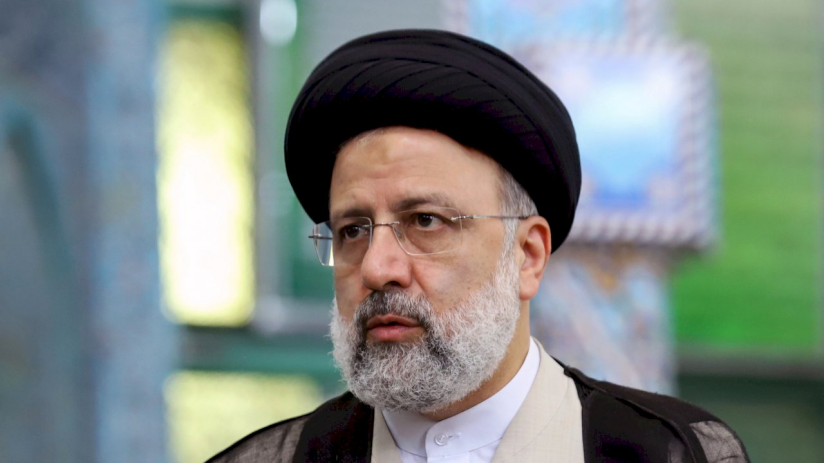
Recently, the global metal market ushered in a wave of price increases. On May 20, international spot gold continued to soar in Asian trading hours, once touching a high of $2,450 per ounce, a record intraday high. In addition, silver, platinum and copper prices also rose.
What is fueling the rally? The reasons are manifold. However, some analysts believe that the reasons for the May 20 high included the impact of the tragic death of the Iranian president.
Indeed, the tragic death of Iran's president in a helicopter accident also touched the market's heart. Gold, a safe-haven asset, has been boosted by geopolitical risk uncertainty.
So why has the death of Iran's president had an impact on global financial markets? The reason for this is mainly the increase and uncertainty of geopolitical risks.
First of all, the death of the Iranian president, as the supreme leader of the country, will undoubtedly cause widespread concern in the international community. This concern is not limited to politics, but extends to economics. Market participants would start to worry about the economic consequences of such a political shift, as well as the regional tensions and conflicts that might arise.
Second, the death of Iran's president increases the uncertainty of geopolitical risk. The Middle East has always been a sensitive region of global politics and economy. As an important country in the region, Iran's internal political changes may lead to power restructuring in the region and even affect the political stability of neighboring countries. This uncertainty makes global financial markets more risky, and investors may adjust their investment strategies and seek safer investment channels as a result.
Third, the death of the Iranian president could also have an impact on global energy markets. Iran is a major producer and exporter of oil and gas, and its domestic political changes could have an impact on global energy supplies. Investors may be concerned that such political changes may bring energy supply disruptions and price volatility, which will affect the stable growth of the global economy.
In summary, the impact of the Iranian president's death on global financial markets is mainly due to increased geopolitical risk and uncertainty. Its impact on the global financial market is also multifaceted, and it will have the following performance.
Financial market volatility: Financial markets are likely to experience significant volatility due to concerns about Iran's political and economic outlook. The stock market, bond market, foreign exchange market and other markets may be affected, and investors need to pay close attention to market dynamics and do a good job of risk management.
Crude oil price volatility: Iran is a major oil exporter, and changes in its political situation could affect supply and demand in the global crude oil market. If there is tension in Iran, it could lead to higher crude oil prices, which in turn could have an impact on the global economy.
Prices of safe-haven assets such as gold rise: In the case of heightened geopolitical risks, investors may turn to safe-haven assets such as gold to avoid risk. That could lead to higher prices for safe-haven assets such as gold.
Overall, the death of the Iranian president had a certain degree of impact on global financial markets. In financial markets, the event could lead to an increase in risk aversion, driving up the price of safe-haven assets. At the same time, market volatility is likely to increase due to increased geopolitical risks. Investors need to pay close attention to the development of related events and adjust their investment strategies in time.

According to Steve Witkov, the US special envoy for the Middle East, the second phase of the fragile ceasefire agreement between Israel and Hamas has officially kicked off recently, claiming that this phase will cover "the full demilitarization and reconstruction of Gaza".
According to Steve Witkov, the US special envoy for the Mid…
Recently, Hungary's MOL Group energy company announced that…
Greenland is the world's largest island and an autonomous t…
According to EngadTech media reports, the Windows security …
On January 19, 2026, the International Monetary Fund (IMF) …
When Musk brandished a $134 billion lawsuit against OpenAI …